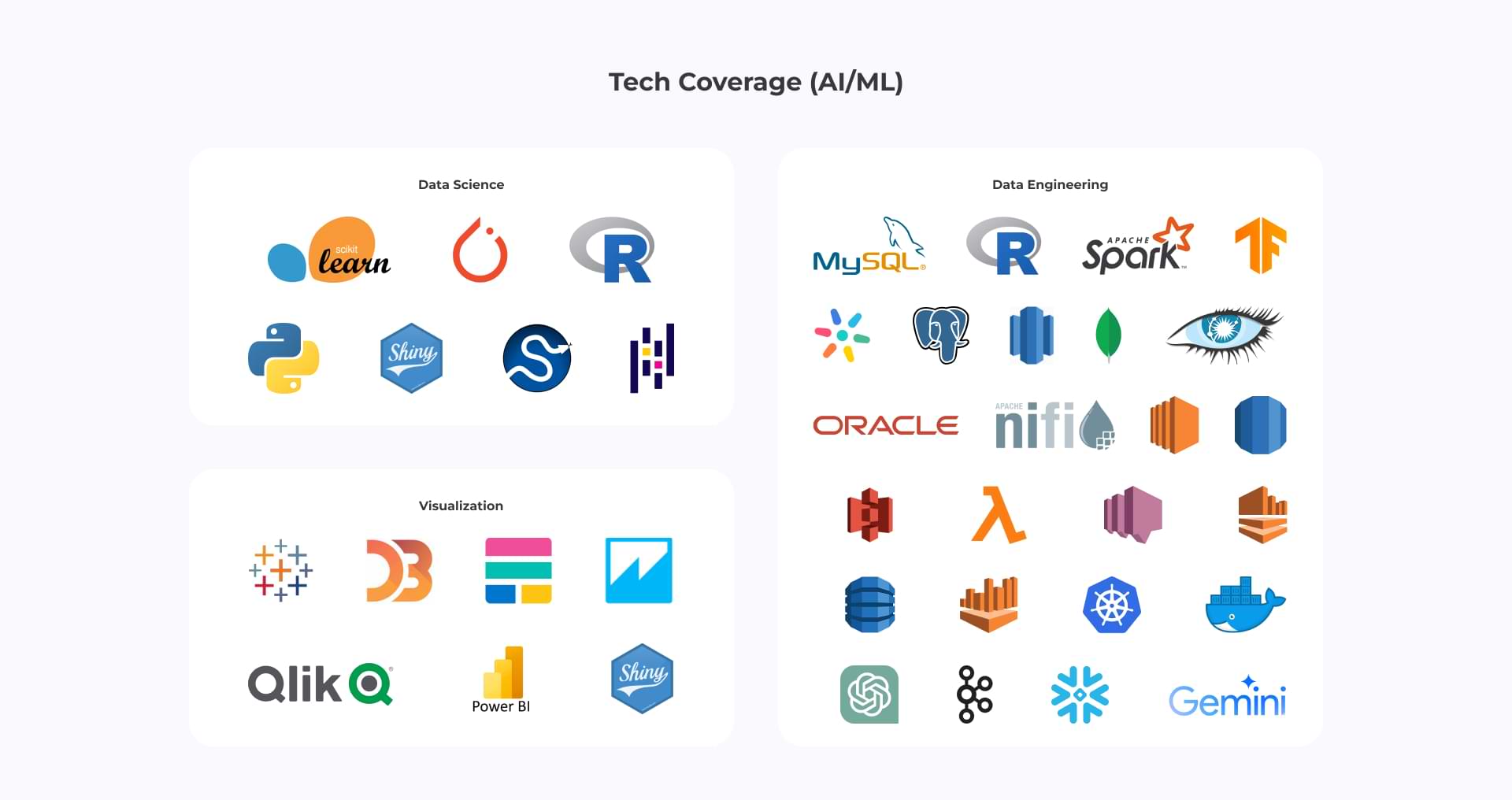Intelligent Process Automation (IPA): A Deep Dive
Intelligent Process Automation (IPA) is a transformative approach that harnesses the power of technology to optimize and automate complex business processes.
By combining Robotic Process Automation (RPA) with cognitive technologies such as Artificial Intelligence (AI), Machine Learning (ML), and Natural Language Processing (NLP), IPA creates a digital workforce capable of handling tasks with human-like intelligence and efficiency.
Let’s connect
Book a meeting
Understanding the Core Components
- Hyper Automation: This overarching term encompasses a disciplined approach to identifying and automating as many business and IT processes as possible. It involves the orchestrated use of multiple technologies, including RPA, AI, and advanced analytics.
- Cognitive Automation: This is the application of cognitive technologies to automate tasks that require human judgment and decision-making. It involves technologies such as NLP, computer vision, and machine learning to enable systems to understand, reason, and learn from data.
- Digital Workforce: This refers to a combination of human and software-based workers collaborating to achieve business objectives. RPA bots and AI-powered systems form the core of the digital workforce, working alongside human employees to enhance productivity and efficiency.
- End-to-End Mechanization: This includes computerizing whole commerce forms from begin to wrap up, dispensing with manual intercessions and decreasing errors. It requires a holistic view of the process and the integration of multiple automation technologies.
- Automated Data Processing: This refers to the use of automation tools to extract, transform, and load (ETL) data, ensuring data accuracy and consistency. It is a critical component of IPA, as high-quality data is essential for effective decision-making.
The Synergistic Impact of IPA
When these components work together, they create a powerful synergy that drives business transformation. IPA enables organizations to:
- Improve Efficiency: By automating repetitive and time-consuming tasks, IPA frees up human employees to focus on higher-value activities.
- Enhance Accuracy: Automation reduces the risk of human error, leading to improved data quality and process outcomes.
- Increase Speed: Real-time processing and decision-making capabilities accelerate business processes and time-to-market.
- Reduce Costs: Automation can lead to significant cost savings by optimizing resource utilization and eliminating manual labor.
- Improve Customer Experience: By automating customer interactions and providing faster response times, IPA enhances customer satisfaction.
Challenges and Considerations
While IPA offers immense potential, it also presents challenges. Organizations are required to address issues such as:
- Data Quality: Accurate and complete data is essential for the success of IPA.
- Change Management: Implementing IPA requires careful planning and change management to ensure employee buy-in.
- Security: Protecting sensitive data and systems is crucial, especially when dealing with automation.
- Ethical Contemplations: The utilize of AI and robotization raises moral questions that require to be tended to.
The Future of IPA
The future of IPA is bright, with continuous advancements in technology driving innovation. Emerging technologies such as Robotic Process Automation (RPA) as a Service (RPAaaS), Hyper Automation Platforms, and AI-powered process discovery will further accelerate the adoption of IPA.
As organizations increasingly embrace digital transformation, IPA will become a critical enabler for achieving business goals. By combining human intelligence with automation, organizations can unlock new levels of efficiency, innovation, and competitiveness.
Global success stories
Here are some related content that highlight our capability in delivering AI solutions that save costs as well as boost productivity.
Manufacturing 4.0:



